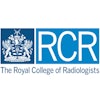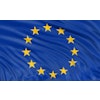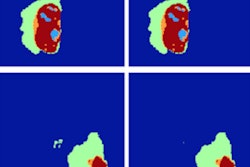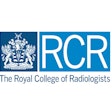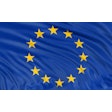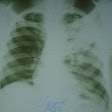Dear Imaging Informatics Insider,
The big story at the RSNA 2017 meeting was artificial intelligence (AI), which dominated attention in the exhibit halls and generated standing-room-only crowds in the multitude of scientific sessions and refresher courses devoted to AI topics.
Commercial activity involving imaging AI is clearly heating up, as big and small vendors alike enthusiastically discussed their plans to bring AI technology to customers. Meanwhile, researchers from Europe were among the many who traveled to Chicago from around the world to present their progress in developing AI algorithms for a variety of radiology applications.
For example, a team from the University Medical Center Utrecht in the Netherlands reported that an AI algorithm can automatically quantify coronary and other arterial calcification from routine chest CT studies. Click here for the details.
In addition, the Dutch group found the software can also automatically calculate coronary artery calcification scores on lung cancer screening CT exams. Click here for our coverage of that talk.
AI developments also figured prominently at the recent European Society of Medical Imaging Informatics (EuSoMII) meeting in Rotterdam, the Netherlands. For example, a U.K. expert explained how AI is poised to transform the radiological interpretation process. Click here to learn why he believes the imaging community needs to prepare now for the future of AI.
Radiologists and AI need to share control of imaging data in order to achieve success in implementing this technology, according to a Dutch presenter at EuSoMII. Click here to delve deeper into this topic.
Another EuSoMII presentation also highlighted the benefits of structured reporting for facilitating quality control in radiology and training of AI algorithms. Learn more by clicking here.
During November, a prominent teleradiologist, Dr. David Wilson, made the case that teleradiology firms can make a difference in the quality of radiology in the U.K. National Health Service. Click here to explore his rationale.
Meanwhile, a Swiss researcher has concluded machine learning offers great potential for reducing false positives in mammography. Click here for our coverage.
If you have any tips or suggestions for topics you'd like to see covered in the Imaging Informatics Community, please feel free to drop me a line.


